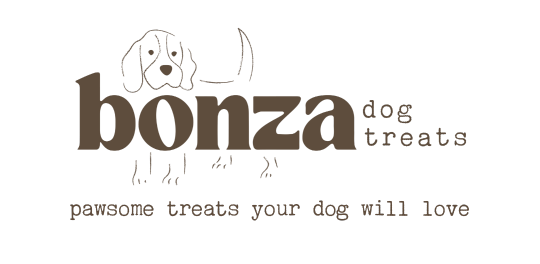Puppies explore the world through their mouths, just like human babies. When they are teething, everything is fair game, whether it's on the floor or not.

When Do Puppies Adult Teeth Start To Erupt?
By the time your puppy comes home with you, he has a full set of baby teeth. But, no sooner are they settled in than they start losing their baby teeth as the adult teeth start to erupt.
Typically this process starts at approximately 12 weeks, and is usually completed by around 6 months of age. Three months - that sounds manageable, right? Yes....if you're prepared. Otherwise, it will be 3 months that seems never ending. Especially when you factor in that you're also toilet training and teaching some basic puppy manners.
So what does this mean? From 3 - 6 months, your puppy is teething, and it hurts. A lot. That's 42 teeth erupting over roughly 90 days. Ouch.
With a tiny human most parents will use some form of pain relief to minimise the discomfort for their baby. This isn't really an option for your puppy, (except in extreme cases when prescribed by your vet) so what can you do to help them?
How Can You Tell If Your Puppy Is Teething?
The usual major signs that your puppy is teething are drooling, swollen or bleeding gums, possible loss of appetite (who wants to eat with raging toothache?) and chewing. So much chewing.
How To Minimise Teething Pain For Your Puppy
There are many toys you can buy which are designed to help your puppy. These are chew toys - and your puppy shouldn't be left unsupervised with them. I've yet to find an indestructible chew toy, and once the integrity of the toy is compromised, your puppy will start to ingest small pieces.
So don't leave your puppy alone with toys, inspect the toys for damage before you give them to your puppy, and whilst they are playing. Immediately you notice damage, remove and dispose of the toy.
You might also wish to use treats for your puppy to chew on whilst teething. We've put all the treats suitable for puppies together in one collection here. To make life a little easier, we also to put together a puppy chew pack which includes a selection of these treats, and will give your puppy some variety - don't let them get bored with their treats.

Again, just like with the chew toy, your puppy should always be supervised whilst chewing on their treats. The chances of anything happening are tiny, but you should always be present just in case.
Something else you can try which is a budget friendly option is frozen carrots. Just be warned that your puppy will poop out chunks of carrot - that's perfectly normal as the carrot is not in their digestive system long enough to be broken down.
If it's warm you have the added bonus of being able take your puppy outside to give ice cubes to chew on. Chunks of frozen watermelon are also a great option.
Another trick is to wet a flannel or strip of towel, twist it into a rope and then freeze. Chewing on the frozen fabric will sooth sore gums, but again, your puppy must be supervised and if you see fibres or threads starting to unravel, remove it. Ingesting threads is serious and can cause internal damage. But provided you keep an eye on your pup, this is another budget friendly way to help your pup and keep them occupied and away from your shoes etc
Please don't let your puppy chew sticks - they can break pieces off, ingest them and cause a blockage or worse.
Please don't give your puppy rawhide to chew on - it's a dreadful product that shouldn't be available - read why we would never sell it here.
What Else Can You Do To Help?
Firstly, be proactive about safety. Make sure everything that you don't want chewed is out of reach. That doesn't just mean shoes and books, but electrical cables, the kitchen bin, lollies and chocolates. You might even need to relocate some wooden chairs for the short term if the legs look tasty.
Try to avoid playing tug for the teething period.
With good management and maybe just a little luck you should get through the teething stage without losing too many belongings - just remember to offer your pup something to help them manage the discomfort.
If you think your puppy really is in serious pain, you should discuss with your veterinarian whether pain relief would be appropriate - this is quite uncommon though. Don't be tempted to use human teething gel as some of the ingredients may not be dog safe.
In part 4 we will look at overstimulation as a reason why puppies bite.
You can find all our treats which are suitable for puppies here
Buy your puppy chew bundle now





